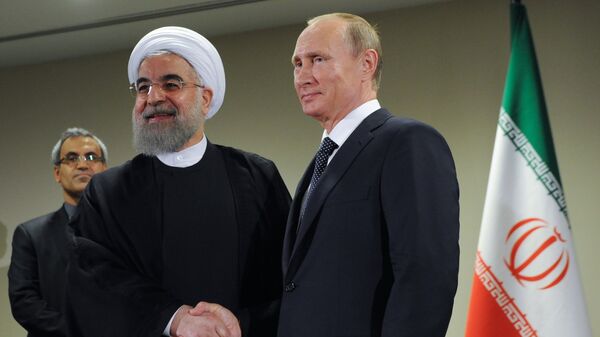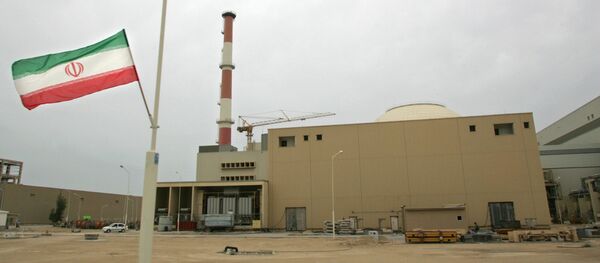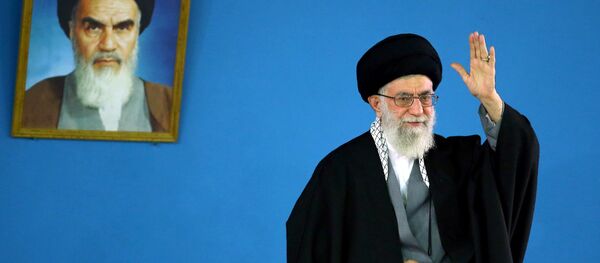US agreement to the deal sparked outrage among its critics who claim the deal will eventually lead to a nuclear armed Iran that threatens stability in the Middle East, fuels terrorism, and commits to the destruction of Israel.
The prime minister also noted the restrictions on Iran’s nuclear program as outlined in the deal would be lifted in about a decade.
Supporters of the deal, however, argue it serves to scale back Iran’s nuclear program –particularly its capacity to build weapons- in exchange for much-needed economic relief.
Mint Press News editor-in-chief Mnar Muhawesh outlined this view in a recent article.
As a result, the West agrees to lift sanctions which Muhawesh says would bring Iran closer to the “medical, food and banking industries” after facing nearly 40 years of sanctions.
Muhawesh argues economic renewal is Iran’s main goal and even goes as far as to say Iran does not intend to grow a nuclear arsenal. She cites spy cables leaked to the Guardian this year suggesting the Mossad and CIA delivered at least one communication among each other in which they agreed Iran is “not performing the activity necessary to produce weapons.”
In fact, Muhawesh believes that leaders truly oppose the nuclear deal not out of doomsday fears, but out of fear that easing sanctions on Iran will lead to an economically mighty Islamic Republic that would challenge the status-quo in the Middle East—where the major players are more-or-less U.S. allies, especially economically.
Iran also has oil, but sanctions on imports and exports forced it to produce its own supplies for itself.
“This had the unexpected effect of turning the country into a major auto and defense manufacturer, competing with countries like China and even the United States,” writes Muhawesh.
She also states that sanctions led to lack of jobs forcing young professionals – which she says make up one of the greater Middle East’s most highly educated and modernized societies- to leave the country.
“Without sanctions holding it back, Iran threatens the major regional superpower status quo. It could very well spark a shake-up in the current power structure in the Middle East, leaving Israel and its ally Saudi Arabia out in the cold,” writes Muhawesh.






